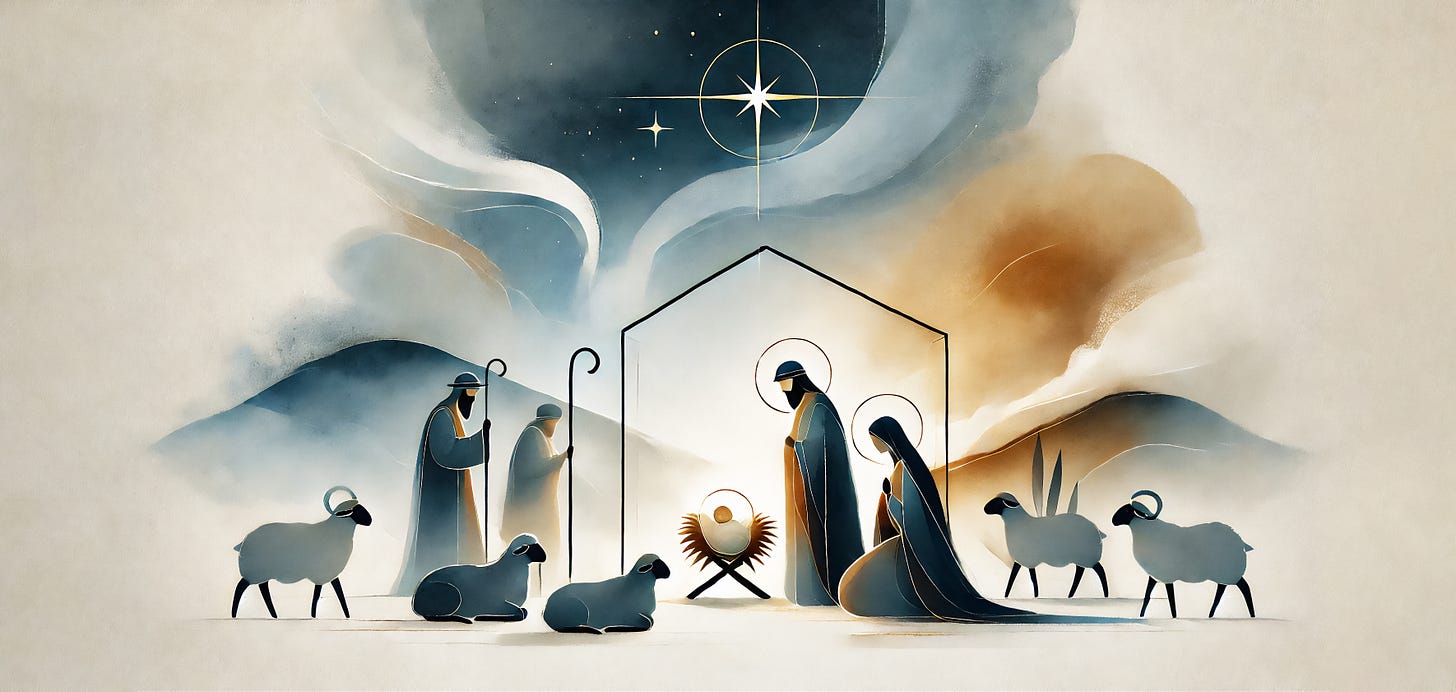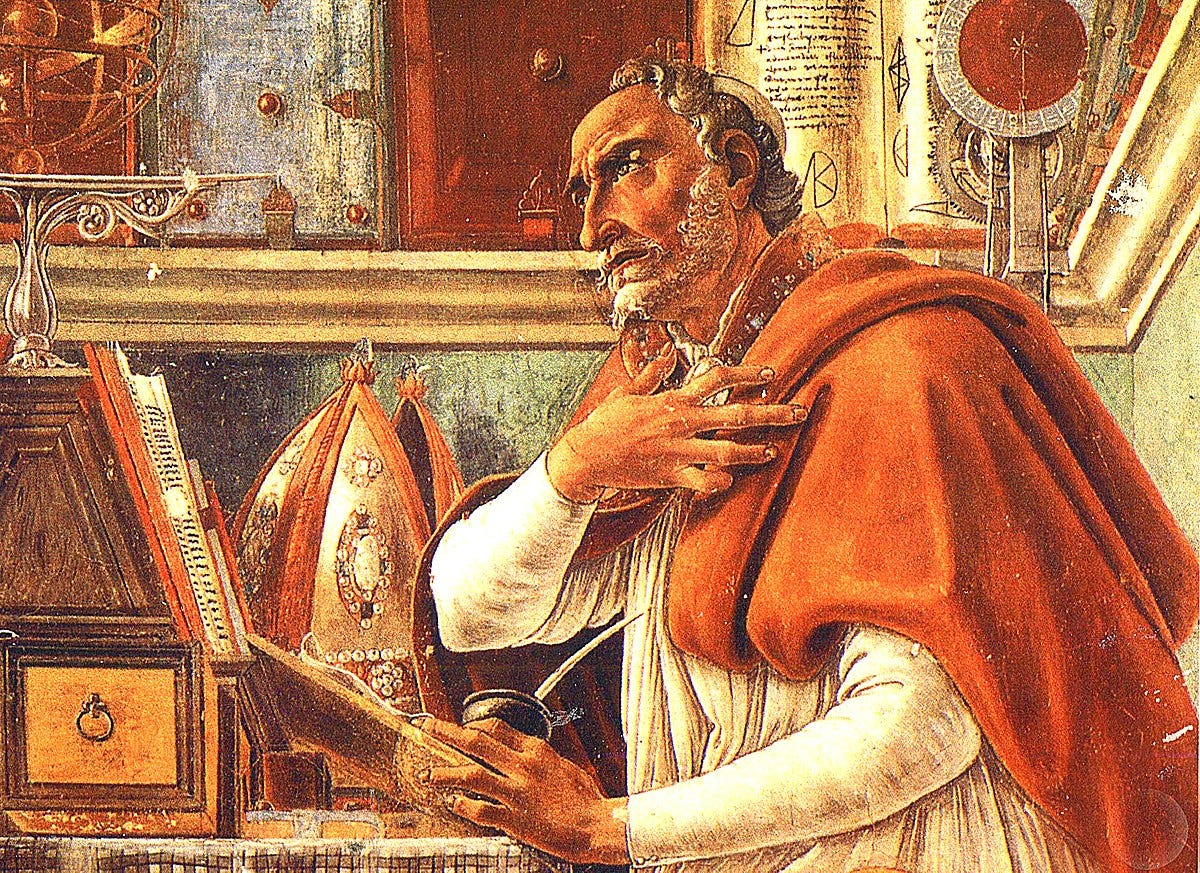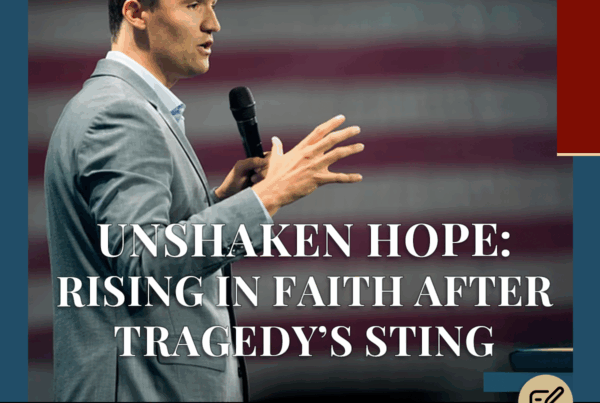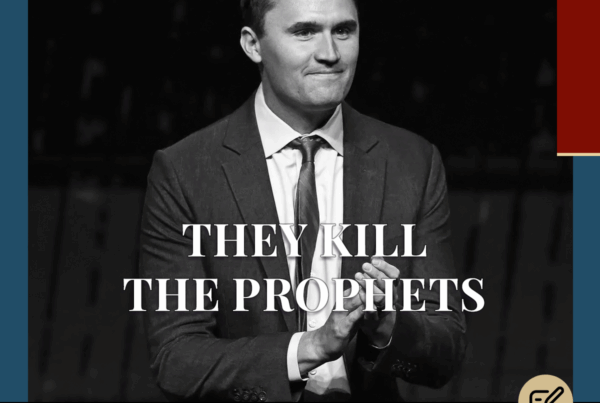Thoughts from Sinclair Ferguson and 8 Insights highlighting why Christmas is a Celebration of Christ

Is Christianity merely a repackaged version of pagan holidays? This question often arises as we delve into the origins and traditions surrounding Christmas. While some customs may share superficial similarities with ancient pagan practices, Christianity stands apart in its profound theological significance and the redemptive narrative. While there may be some overlapping customs, the essence of Christmas is rooted in the unique and powerful narrative of Christianity. Unlike pagan traditions that honor nature or deities without a personal relationship with the divine, Christmas invites us to embrace a transformative hope rooted in the incarnation of Jesus Christ—the ultimate gift of salvation. This distinction not only highlights the uniqueness of our faith but also calls us to celebrate the true meaning of Christmas with joy and reverence.
Here are eight reasons between the distinctiveness of Christmas verses the pagan holiday of the winter solstice:
1. The Incarnation of Christ: At the heart of Christmas is the miraculous birth of Jesus Christ, the incarnation of God. This event fulfills Old Testament prophecies and marks a pivotal moment in human history (John 1:14). As theologian Charles Wesley beautifully wrote, “Veiled in flesh, the Godhead see; hail the incarnate deity.” Unlike pagan celebrations, which often honor nature, Christmas focuses on the divine entering the world to bring salvation.
2. Theological Significance: Christmas emphasizes themes of salvation, grace, and love. John 3:16 encapsulates this beautifully: “For God so loved the world that He gave His only begotten Son.” This contrasts sharply with pagan traditions, which often celebrate natural cycles without a personal relationship with the divine. As C.S. Lewis noted, “The Son of God became a man to enable men to become sons of God.”

3. More than a Season: Pagans worship idols, false gods, and nature, but Christmas is all about honoring the one true God of the Bible. Unlike pagan winter celebrations that revolve around the season, Christmas may be celebrated in December, but its significance goes far beyond just the time of year. The celebration of Christ’s birth is not just a seasonal festivity but a pivotal moment in history that fulfills ancient prophecies and embodies God’s love for humanity.
4. Symbolism and Meaning: Christmas symbols, such as the Star of Bethlehem (Matthew 2:2) and the nativity scene, carry deep Christian significance. They point to the fulfillment of God’s promises and the hope of eternal life. In contrast, symbols associated with pagan celebrations often reflect fertility and nature, lacking the profound Christ-centered meaning. As St. Augustine said, “The greatest gift is the gift of Christ; it is the gift that keeps on giving.”
5. A Better Story: The celebration of Christmas emerged in the 4th century as a deliberate response to pagan practices. Theologian and preacher Sinclair Ferguson explains it this way: “ . . . some churches started holding a Reformation Day service as a direct contrast with the events associated with Halloween. And in fact, historically, that’s one of the reasons Christmas came to be celebrated around the time of the Roman Festival of Saturnalia. It was a way of pointing the pagan world to a better story, to an infinitely greater God than the Roman god Saturn.” In other words, the Church sought to create a distinct holiday that honors Christ, adapting some customs while reinterpreting them to reflect Christian beliefs, aligning with Paul’s teachings in 1 Corinthians 10:31: “So whether you eat or drink or whatever you do, do it all for the glory of God.”
6. Communal Focus: Christmas highlights the importance of community and fellowship within the body of Christ. Hebrews 10:24-25 encourages believers to come together in love and good works, fostering a sense of belonging that is often absent in individualistic pagan rituals. Dietrich Bonhoeffer emphasized this community aspect, stating, “It is not simply to be taken for granted that the Christian has the privilege of living among other Christians.”
7. Eschatological Hope: Christmas carries a forward-looking hope, anticipating not only the birth of Christ but also His second coming. This eschatological significance offers believers a sense of purpose and assurance, as reflected in Revelation 22:12: “Behold, I am coming soon.” Unlike pagan celebrations, which primarily focus on seasonal changes, Christmas reminds us of God’s promises fulfilled and yet to be fulfilled.
8. Transformative Love: Ultimately, Christmas is about the transformative love of God, who sent His Son to redeem humanity. This message of hope and grace sets Christmas apart from pagan holidays, which often lack the promise of redemption and eternal life. As John Piper articulates, “Christmas is the display of the glory of God in the coming of Christ—the glory of grace.”

St. Augustine of Hippo. Source: Hallow.com
One notable Church Father who celebrated Christmas was St. Augustine of Hippo. In his writings, Augustine emphasized the significance of Christ’s birth as a moment of divine intervention in human history which brought hope and salvation to humanity. Augustine wrote, “He who lies in the manger is the one who will be crucified. The nativity of the Lord is the beginning of our redemption.” Augustine wrote this to highlight the connection between the birth of Christ and the larger narrative of salvation, underscoring that the celebration of Christmas is not just about the event itself, but about the hope and redemption it signifies.
In his “Things Unseen” podcast, Ferguson (who is also Kenneth’s favorite preacher) asks “Should We Celebrate Christmas?”

While there may be some overlapping customs, the essence of Christmas is rooted in the unique and powerful narrative of Christianity. As we celebrate this season, let us focus on the incredible gift of Christ and the hope He brings to our lives. May your heart be filled with joy. Celebrate the true meaning of Christmas, and share that light with the world around us.
From Kenneth, myself and our whole family, we wish you a Merry Christmas 🎄
Christmas is more than just a season of lights and festivities—it’s a profound celebration of God’s love and the hope brought into the world through Jesus Christ. How do you celebrate the true meaning of Christmas in your home? Do you have traditions, scriptures, or hymns that help keep Christ at the center of the season? I’d love to hear your thoughts and stories. Share them in the comments or send me a message—it’s always a blessing to reflect on the heart of Christmas together!



